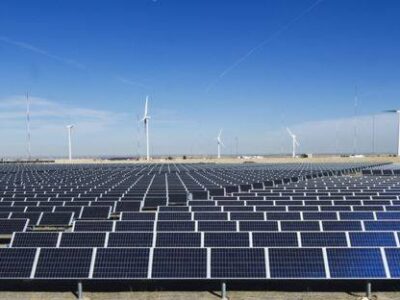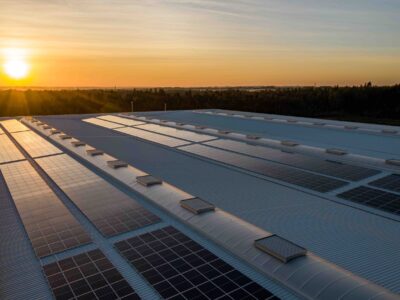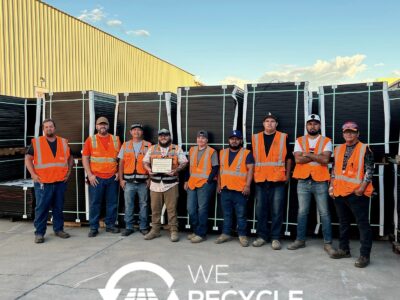Most conversations about green energy tend to focus on solar or wind power. However, another carbon-free source is geothermal energy, which utilizes heat within the earth to warm up buildings and generate electricity.
According to the U.S. Energy Information Administration, the United States leads the world in geothermal electricity generation, with geothermal power plants in seven states producing about 17 billion kilowatt hours (kWh) of power in 2022.
Although that amount represents less than 1% of total U.S. utility-scale electricity generation, new projects keep popping up that will accelerate geothermal energy use in the future. One of the latest projects is in Framingham, MA.
In June, Framingham’s gas utility, Eversource, broke ground on a new geothermal system that will connect to nearly 40 buildings.
The building network will include low-income apartments, single-family homes, small businesses, and the local fire station. According to “Fast Company,” the buildings will be powered by zero-emissions heat and electricity and are part of the “first pilot project of its kind” run by a U.S. utility.
Geothermal systems use wells, pipes, and pumps “to pull the earth’s heat out of the ground,” Eversource said on its website. That heat is then used to warm buildings during the winter. Heat is pumped back into the ground During the summer to cool the buildings.
Eversource says the geothermal pilot is designed to provide “a potential option to complement or replace delivered fuels and natural gas service” to heat and cool buildings. If the project proves successful, the use of the technology could be expanded in the future.
“What we’re hoping to demonstrate is that this technology really is scalable, and it can be rolled out to a larger customer base,” Eric Bosworth, senior program manager at Eversource, told “Fast Company” in an interview.
As “Fast Company” noted, the idea for the pilot project came from the Home Energy Efficiency Team (HEET), a nonprofit that focuses on climate solutions. HEET began working with Eversource on a project aimed at reducing methane emissions from gas leaks. During that project, the two teams developed the idea of changing the basic energy infrastructure to help accelerate the transition away from fossil fuels.
“In Massachusetts, we are still investing billions of dollars in new [gas] pipes,” Zeyneb Magavi, co-executive director of HEET, told “Fast Company.” “That really made us very worried. Here we were investing in new pipes that take 40 years to pay off, and there was a clear mandate that we couldn’t use most of it past 2050.”
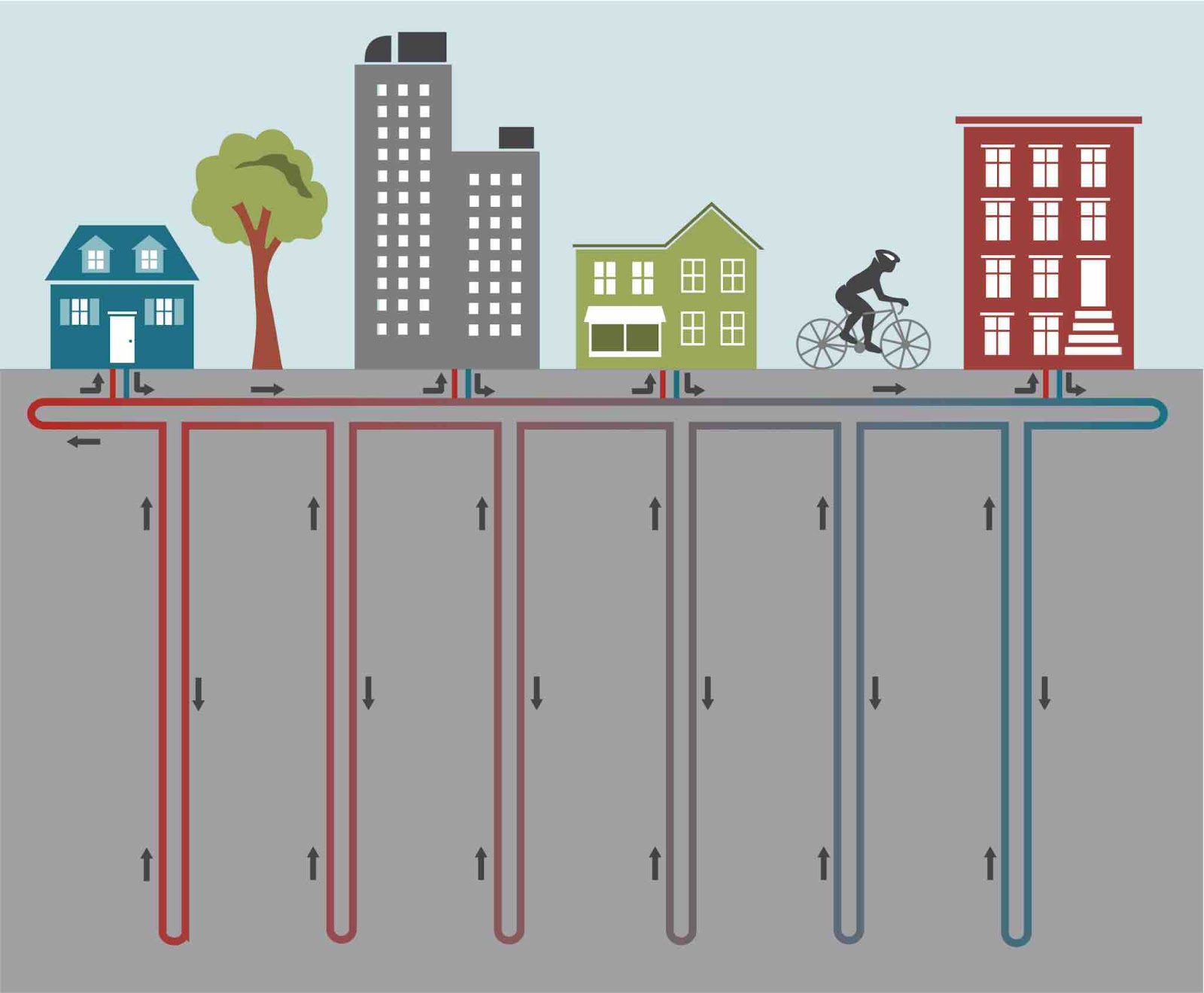
Photo Courtesy HEET
Eversource’s geothermal project was approved by the Massachusetts Department of Public Utilities. Once in service, the pilot will continue through two heating and cooling seasons or 24 months.
The planned route is 37 buildings — 32 are residential homes. The project’s construction phase is expected to be completed in October or early November 2023, just as buildings need to be heated.
“This is what fighting climate change on a local level looks like,” Nikki Bruno, Eversource vice president of clean technologies, said at a groundbreaking event on June 12. “It’s not one entity. It’s all of us together.”
The Framingham project is part of a larger trend in which more homeowners are installing heat pumps as energy sources, “Fast Company” reported. The increase has been partly driven by incentives provided in the 2022 Inflation Reduction Act and legislation at the state level.
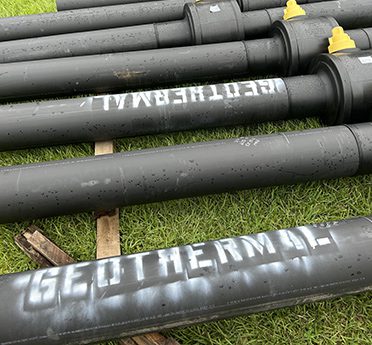
Photo Courtesy HEET
In Framingham, Eversource will use a “looping pipe system” that reaches hundreds of feet below street level, according to “Fast Company.” Electricity from the grid — also transitioning toward renewable energy — powers the heat pumps. Homeowners will be able to avoid paying hefty upfront costs to install heat pumps because the utility will allow them to be paid over time.


